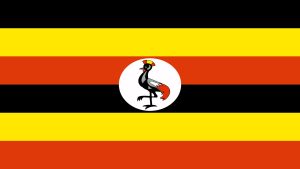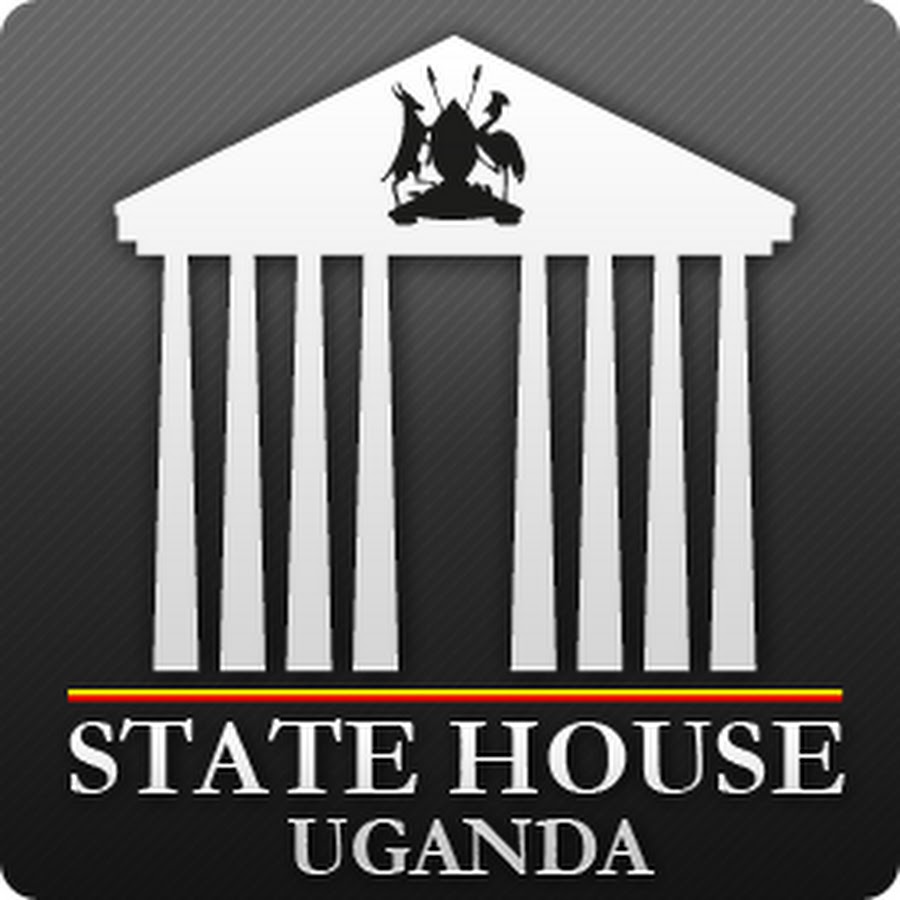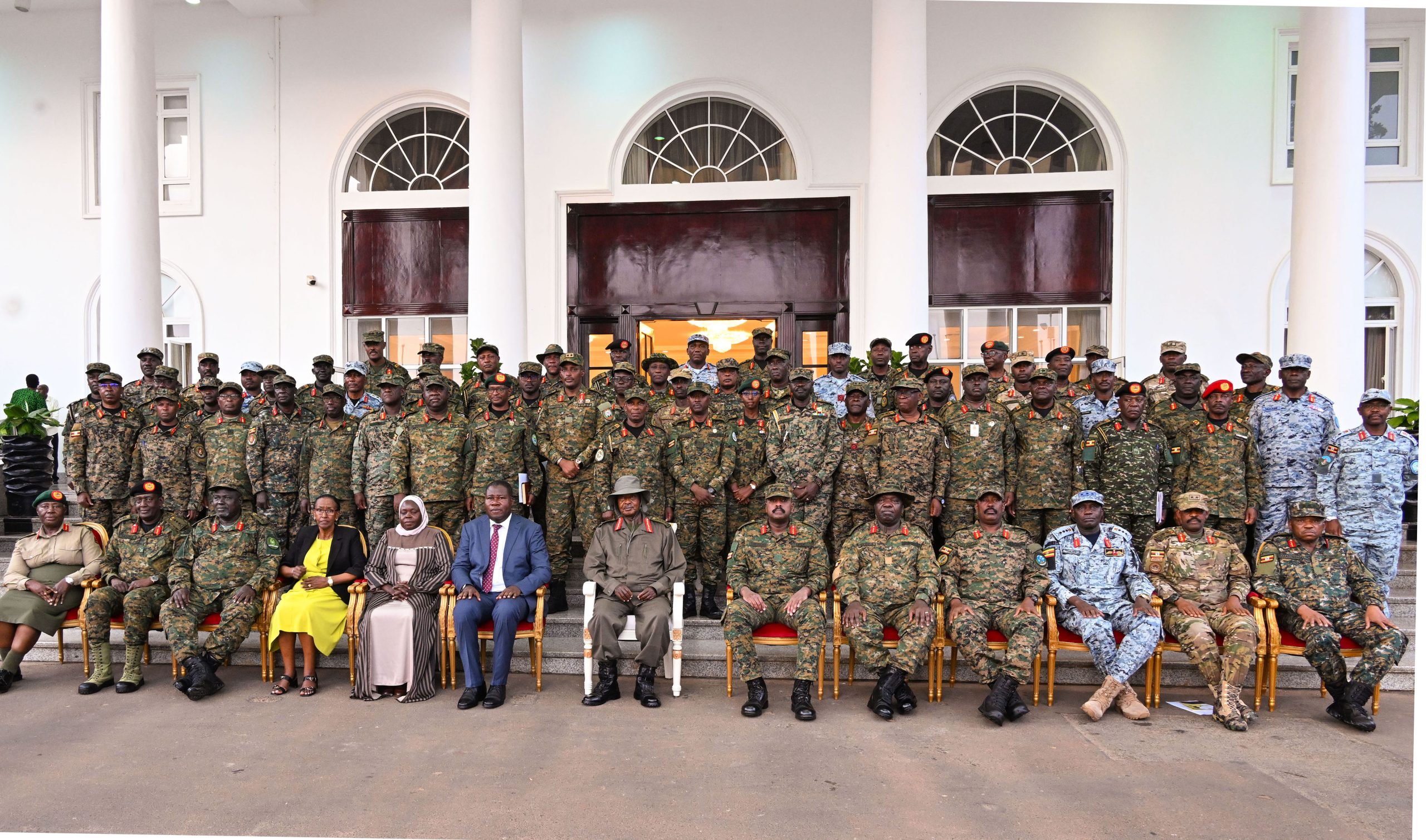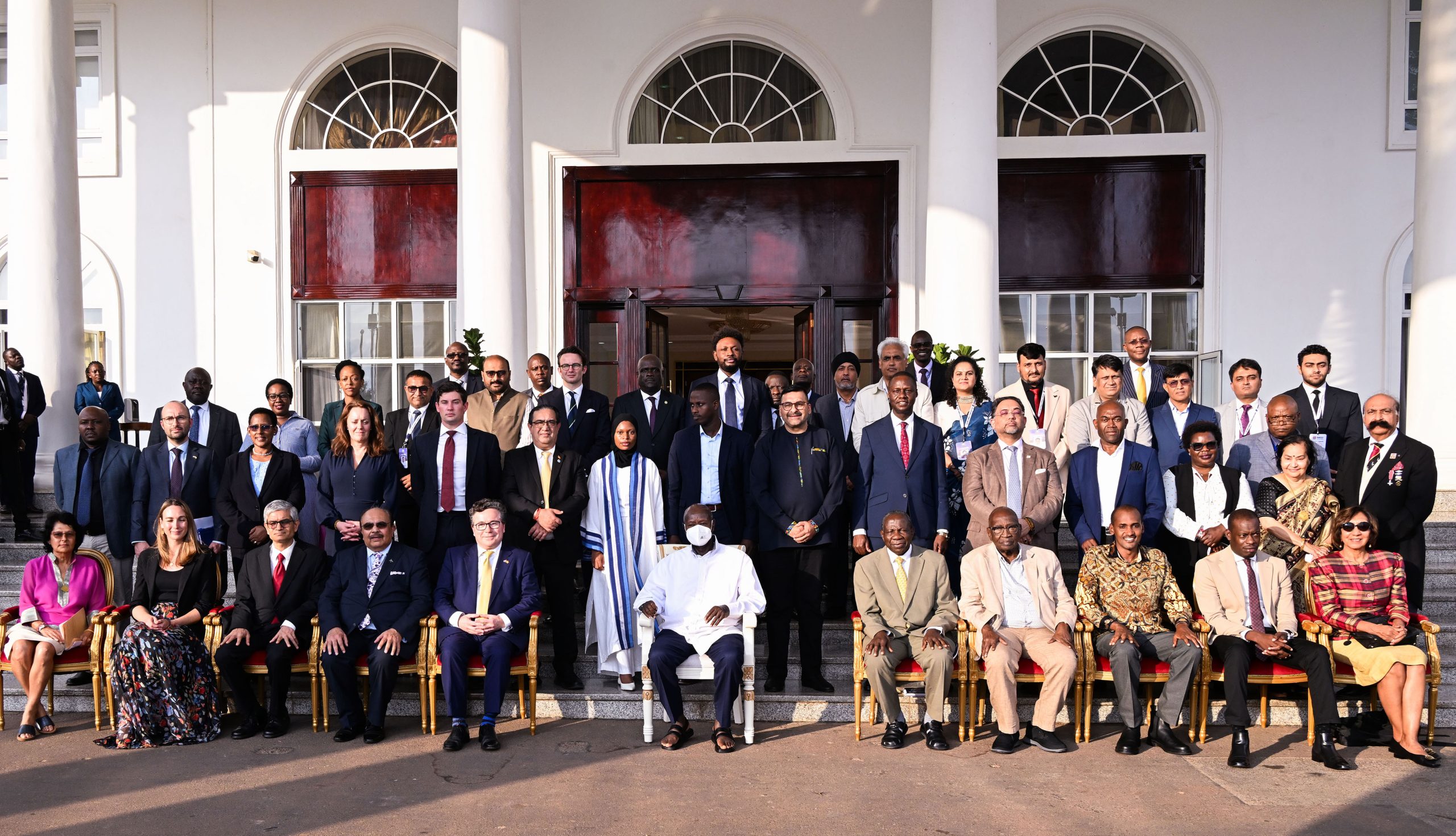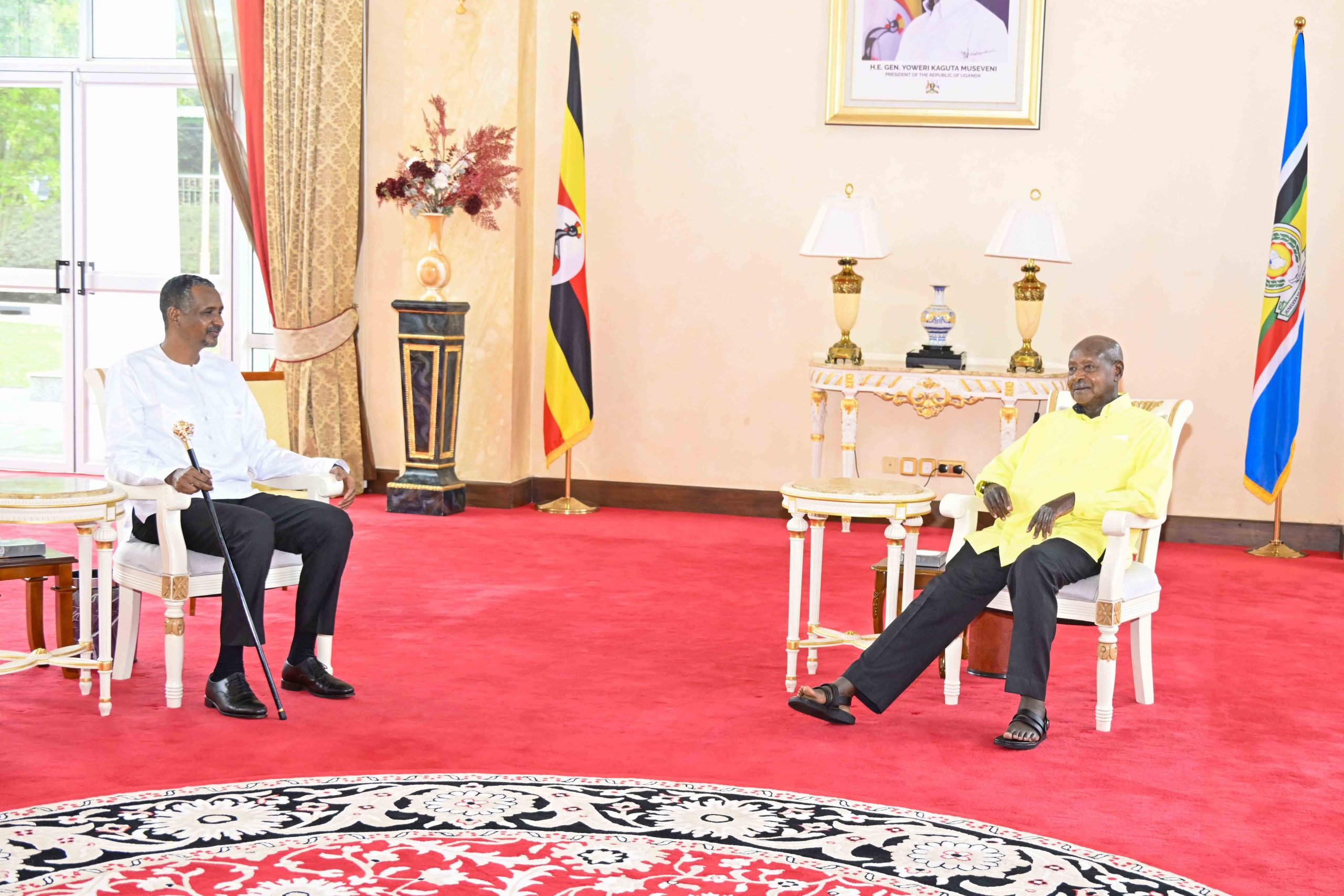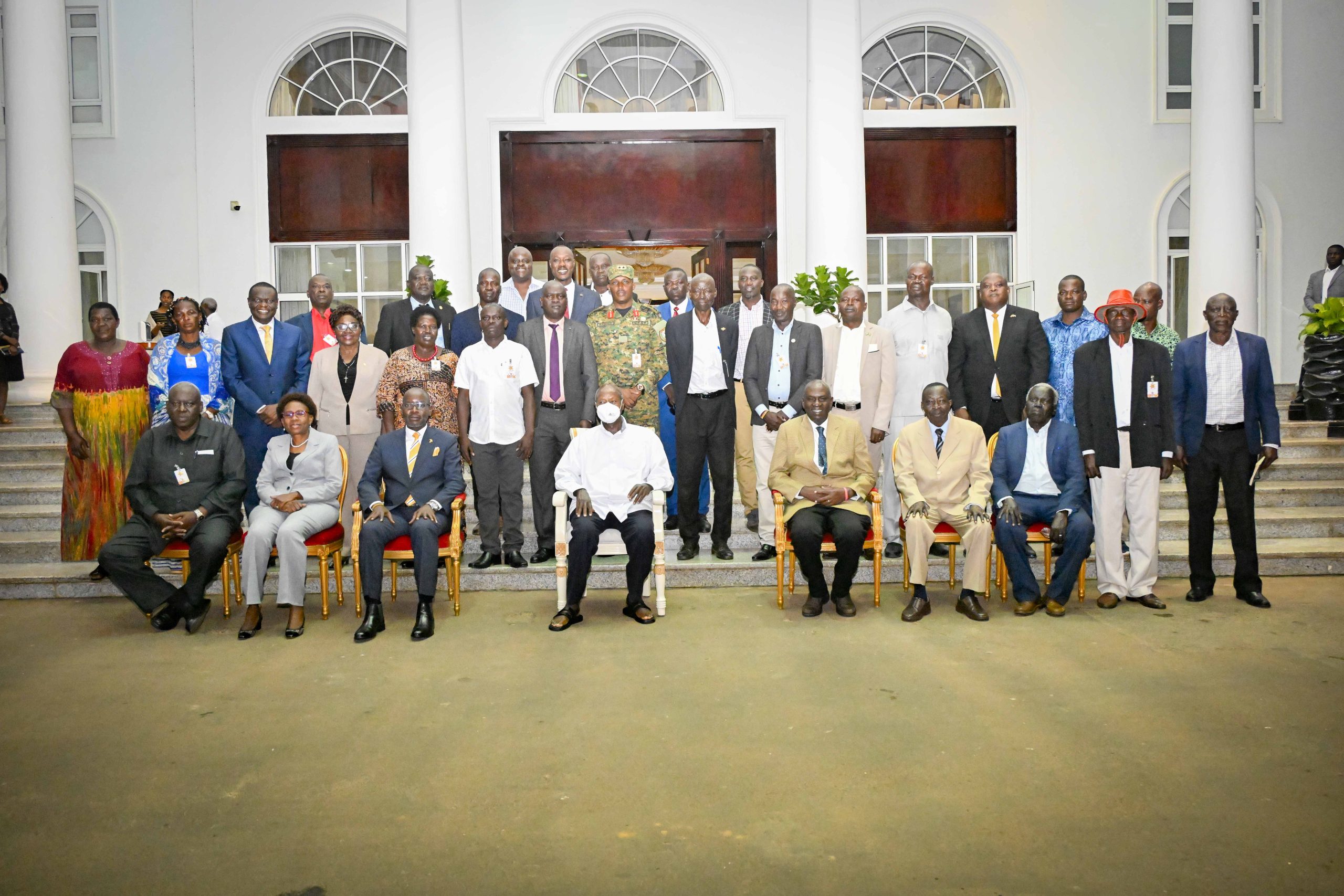Uganda took over the leadership from Azerbaijan during the ongoing 19th NAM Heads of State and Government summit at Speke Resort Convention Center, Munyonyo. The chairmanship runs for three years.
During the conference, President Yoweri Kaguta Museveni was elected by acclamation as the chair of the 19th NAM Heads of State and Government Summit, taking over from H.E. Ilham Aliyev, the President of Azerbaijan.
In his speech, President Museveni informed the Heads of State and Heads of Delegations that Uganda’s stand is that the world should concentrate on the common human problems: prosperity through trade, the advance of science and technology to deal with human problems, the environment, crime, and terrorism. He said such ideas are in line with the Bandung Principles, a basis on which NAM was formed.
“It is on these principles that NAM was founded. We, the resistance fighters of Uganda, can attest that by synthesizing the package of ideas, we have gotten very good results. Using the ideas of the free market, combined with the ideas of selective state intervention in the economy in some sectors like banking, energy, transport, etc., and also bringing back some aspects of the pre-capitalist institutions such as reformed cultural institutions, Uganda, although starting from a very low base, has had growth rates of 6.2% per year for the last 37 years.”
He further urged that the world should only have free associations of nations where people of a common or shared origin interact for mutual advantage with the peoples of the world.
“The future is bright if we act right,” he said.
The President further disclosed that as the resistance fighters of Uganda, they are flabbergasted and look down with contempt at the philosophical, ideological, and strategic shallowness of some of the actors in the world who use their scientific advancements to oppress others. He also cautioned leaders against imposing their narrow uni-ideological orientation on the society they live in , let alone the world.
“The oppressors miscalculate when they use their temporary advantage in science and technology to think that they can use that to indefinitely oppress other people. The oppressed will learn, catch up, and defeat the oppressor. That is why empires always collapse. The idea of empires is an evil idea,” President Museveni asserted.
“Why do you not seek to influence people by your good example instead of manipulation, lectures, and threats? Chauvinists of race, religion, tribe, or gender should stop wasting our time and opportunities with their shallow schemes. Action will, inevitably, invite counteraction. Oppression will invite resistance. We are, therefore, not impressed and cannot be part of the morbid bigotry of uni-ideological thinking of this or that type. The universe has been here for the last 30 billion years, and human society has been here for the last 4½million years,” he added.
On the other hand, the President advised that the strength of NAM should be used to exercise considerable influence, particularly at the UN, for an effective transformative process for a better common future.
“In the negotiations for the Pact of the Future, the outcome document of the upcoming United Nations Summit of the Future to be held in New York in September 2024, we should clearly define priorities that favour developing countries by maintaining unity, solidarity, and collective coordination among our Member States, in line with the Bandung principles. I assure you all that my team, led by the Permanent Representative in New York, has my full support to chair the Coordinating Bureau of the Non-Aligned Movement,” he emphasised.
The Azerbaijan Minister of Foreign Affairs, H.E. Jeyhun Bayramov, who represented H.E. Aliyev as the outgoing chair of the summit, congratulated Uganda and President Museveni for assuming the NAM chairmanship and promised that his country will extend all the necessary support to ensure the success of the movement.
“Azerbaijan’s chairmanship has done its best to make the voice of our members heard in all possible platforms with successful initiatives, and there’s no doubt that Uganda’s chairmanship will continue with this legacy, even further building upon it,” he said.
“At this historic moment, after four years of proudly chairing the movement, we are handing over the chairmanship to the Republic of Uganda with a rich substantial and institutional legacy and we are confident that Uganda will further enhance the development feasibility of the movement and strengthen unity among its member states. I would like to reiterate that our passion and determination for the success of NAM will always remain strong, and we will continue to contribute to the just cause.”
H.E Bayramov also highlighted some of the successes they have achieved during their chairmanship. He said during their term, they played a key role in the institutional development of the movement as well as putting up a number of initiatives to combat Covid-19, among other challenges affecting member states.
“During its chairmanship, Azerbaijan took practical steps to uphold the interests of member states in the international arena, guided by the principle of cementing solidarity and extending mutual support,” he said.
On the other hand, H.E Bayramov revealed that at the Ministerial meeting held in Baku in July, 2023, they agreed to forward the request of South Sudan, the only non-member state of NAM from the African continent, for a fully-fledged membership in the movement.
“The admission of South Sudan will be the first expansion of NAM membership in 13 years bringing the number of members to 121. This proves the increasing importance of our movement in the international relations system.”
H.E Dennis Francis, the President of the 78th Session of the United Nations General Assembly congratulated Uganda for assuming the NAM chairmanship, saying that President Museveni’s known exceptional leadership assures him that through his guidance, the movement will tackle forthcoming challenges, boosting both its profile and influence.
“My team and I are ready to support Uganda’s chairmanship in any effort to further elevate NAM’s strategic engagement and influence.”
The Chairperson of the African Union Commission, H.E Moussa Faki Mahamat reaffirmed the commission’s commitment to strengthen the cooperation with NAM on a basis of strategic partnership that endeavors to maintain peace, security and development.
He also expressed concern over the challenges faced by the continent such as conflicts, terrorism, insecurity and instability in some parts of the regions.
The NAM is a forum of 120 countries that are not formally aligned with or against any major power bloc. It was founded with the view to advancing interests of developing countries in the context of Cold War confrontation. After the United Nations, it is the largest grouping of states worldwide. All 120 states together comprise about 4.64 billion people, or about 58.35% of the world’s population.
The movement gained the most traction in the 1950s and early 1960s, when the international policy of non-alignment achieved major successes in decolonization, disarmament, opposition to racism and opposition to apartheid in South Africa, and persisted throughout the entire Cold War, despite several conflicts between members, and despite some members developing closer ties with either the Soviet Union, China, or the United States. In the years since the Cold War’s end in 1991, the movement has focused on developing multilateral ties and connections as well as unity among the developing nations of the world, especially those in the Global South.
